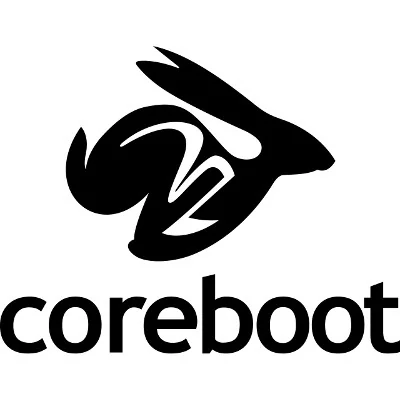Don't Get Excited Over Coreboot Laptops Yet

There was the Coreboot main track session today at FOSDEM 2012 about Coreboot support on laptops and other areas, but unfortunately, there isn't much to get excited about at this point.
While Coreboot has made much progress in providing a "free" BIOS / UEFI for modern systems (particularly those based upon new AMD hardware), there is still much work left to be accomplished. There was an expectation that at this FOSDEM event there would be a new laptop shown off running Coreboot with the expectation that a new vendor might be shipping this device with Coreboot this year.
There is the likelihood a vendor will be shipping a Coreboot laptop by this summer (around May), but it doesn't sound like it will be too exciting. The vendor likely to be shipping a Coreboot laptop isn't a tier-one vendor, but in fact some brand that most consumers will not be familiar with, rather some off-brand going to be targeting the US markets with this Coreboot-powered laptop. (The brand I heard of last year looking at Coreboot was ASUS, but the Coreboot developers confirmed today that they weren't talking with them.)
The Coreboot developers aren't sure of the hardware specifications of this forthcoming notebook from the non-tier-one vendor, but it's said to likely to be Intel-based. This is even more surprising (but likely unfortunate) since AMD has been the one better backing the Coreboot project -- they have pledged to support it with all future projects -- and the Intel laptops known to work with Coreboot at this point are all based upon the older Intel 945 chipsets but nothing of the Sandra Bridge era (or the upcoming Ivy Bridge CPUs).
We might hear more about this forthcoming off-brand laptop in March, but at this point it sounds familiar to the recently-announced KDE Plasma Active tablet. That KDE-backed mobile device doesn't have any original new hardware design (it's based upon a run-of-the-mill Chinese ARM tablet) that is then overpriced and shipped with the Plasma Active interface, but beyond that isn't anything special. The forthcoming Coreboot laptop doesn't sound anything exciting to get over, but most Phoronix-reading Linux enthusiasts would likely be better off buying a lower-cost supported desktop or notebook and setting up Coreboot manually.
The Coreboot developers at their booth did have a Hewlett-Packard notebook on hand, but this AMD Fusion-based notebook wasn't even working with Coreboot yet.
Coreboot is a very interesting project and I wish them the best of luck, but if you were hoping for some really good news out of them this weekend, that is sadly not the case.
14 Comments

